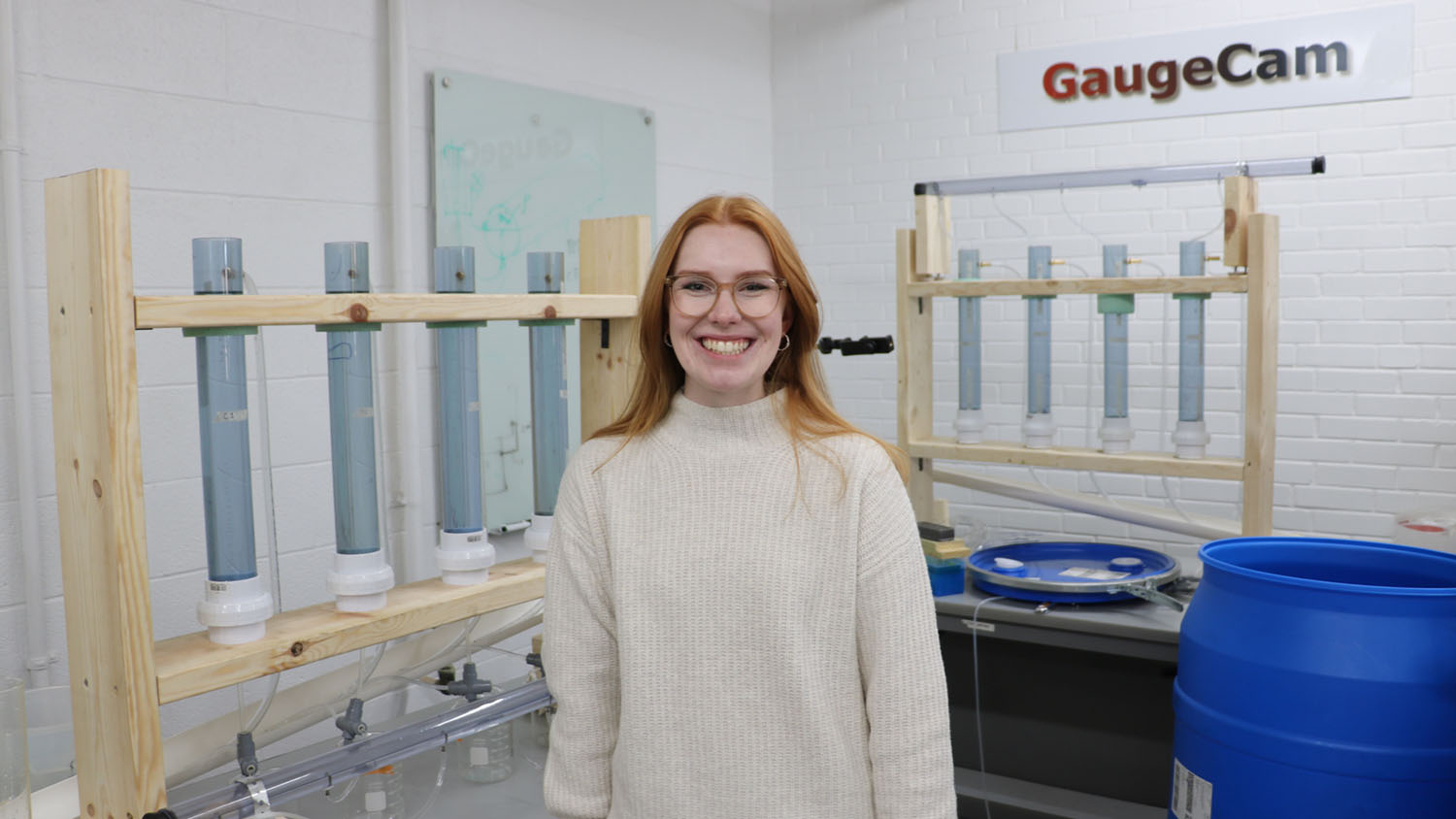NC State CLAWS Hub to Lead $19 Million in ‘Leap Ahead’ Projects

The White House and U.S. Department of Defense announced today the first year of funding, totaling $19 million, for four additional projects for the Commercial Leap Ahead for Wide Bandgap Semiconductors (CLAWS) Microelectronics Commons Hub, headed by North Carolina State University.
The projects were selected from more than 100 proposals and aim to improve the performance of transistors and switches used in important civilian and military technologies, as well as to increase U.S. economic competitiveness and national security with translational pathways to commercialization.
“Under the leadership of President Biden and Vice President Harris, we’re creating a new chapter in semiconductor research and development here in America,” said Arati Prabhakar, the President’s Chief Advisor for Science and Technology and Director of the White House Office of Science and Technology Policy. “Here in North Carolina, these CHIPS and Science Act investments through the Microelectronics Commons will advance innovation for components that enable the most sophisticated defense systems, strengthening our national security. Today’s awards are the next step forward in making sure that we win the future.”
Wide bandgap “leap ahead” technologies are highly innovative technologies associated with “war-winning” capabilities against potential near-peer adversaries. “Commercial Leap Ahead” technologies are those that leapfrog the current state of the art and are important for the economic competitiveness of the nation. Key civilian infrastructures like the power grid, data centers, telecommunication and transportation systems often have similar needs as the military to operate with higher performance, higher efficiency and more reliability. There is also great economic potential in emerging critical technologies like artificial intelligence, quantum computing and autonomous vehicles in which wide bandgap semiconductors will play an important enabling role.
The higher voltages, temperatures and frequencies that wide bandgap semiconductors provide over silicon devices crosscut across all domains of military operations from undersea to land, air and space enabling lighter, faster, and more capable ships, submarines, aircraft and satellites. On the civilian side they enable electric vehicles to go further, factories and data centers to save energy, and a more resilient power grid.
The project teams connect industry leaders, national labs and the best in academia to develop prototype manufacturing line capability to transition the technologies from “lab to fab” to demonstrate the ability to scale these technologies to production. The teams span the supply chain from materials experts supplying epitaxy and wafers to state-of-the-art fabrication, test and packaging; as well as Defense Industrial Base partners to streamline insertion into programs with Department of Defense technology needs.
The four selected projects are:
High Permittivity Dielectrics to Increase the Performance of III-Nitride Transistors
Led by NC State, this $3.83 million in first year award (total estimated value of $11.54 million) will increase the efficiency and radiation hardness of advanced transistors used in avionics and satellite applications. Partners include MACOM, EPC Space, Lockheed Martin, University of Florida, NASA and Sandia National Laboratories.
Transition Readiness for NITride Rf Overmatch (T/R NITRO)
Led by MACOM, this $3.68 million in first year award (total estimated value of $12.65 million) will deliver advance prototypes of high frequency transistors and circuits for use in electronic warfare, radars, and 5G/6G telecommunications. The partners include NC State, Adroit Materials and the Naval Research Laboratory.
Advanced High Voltage Silicon Carbide Switches
Led by GE Aerospace, this $7.82 million in first year award (total estimated value of $27.02 million) will push the development of 6.5 to 10 kV planar field-effect transistors (FETs) into a low-volume production environment and develop 6.5 to 10 kV Superjunction (SJ) devices, in which the U.S. is at the forefront of competition with Asia. The partners include Coherent, NC State, Stony Brook University, University of Albany, Naval Research Laboratory, DEVCOM and N.C. A&T State University.
Advanced Power Switches Using UWBG Gallium Oxide
Led by Kyma Technologies, this $3.52 million in first year award (total estimated value of $11.40 million) will advance the state-of-the-art in gallium oxide high voltage switching devices by producing power diodes and power transistors capable of blocking up to 10kV, and make available the epilayers, devices, and composite substrates to the DoD and community at large through the CLAWS hub. The partners include NC State, University of California at Santa Barbara, Modern Microsystems, the Air Force Research Laboratory, Naval Research Laboratory and GE Aerospace.
-30-
This post was originally published in NC State News.


